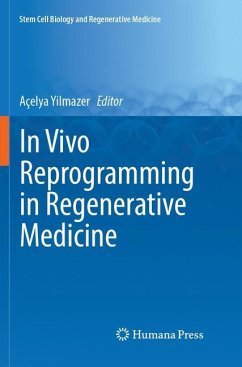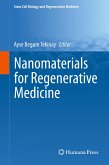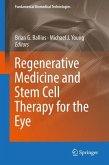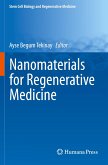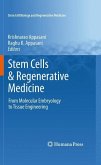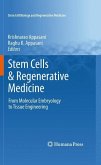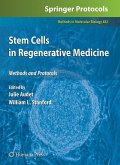This new volume reviews current progress on different approaches of in vivo reprogramming technology. Leaders in the field discuss how in vivo cell lineage reprogramming can be used for tissue repair and regeneration in different organs, including brain, spinal cord, pancreas, liver and heart. Recent studies on in vivo cell reprogramming towards pluripotency are reviewed; examples are given to show its potential in regenerative medicine. In each chapter, the regenerative potential of different in vivo reprogramming approaches is discussed in detail. More specifically, how different tissue failures or damages can be treated with this technology is explained. Examples from various animal models are given and the regenerative potential of in vivo reprogramming is compared to that of cell transplantation studies. The last chapter discusses current challenges of these preclinical studies and gives suggestions in order to improve the current strategies. Future directions are indicated for the transition of in vivo reprogramming technology to clinical settings. This is among the first books in the literature which specifically focuses on the in vivo reprogramming technology in regenerative medicine and these chapters collectively cover one of the most important and exciting topics of regenerative medicine.
